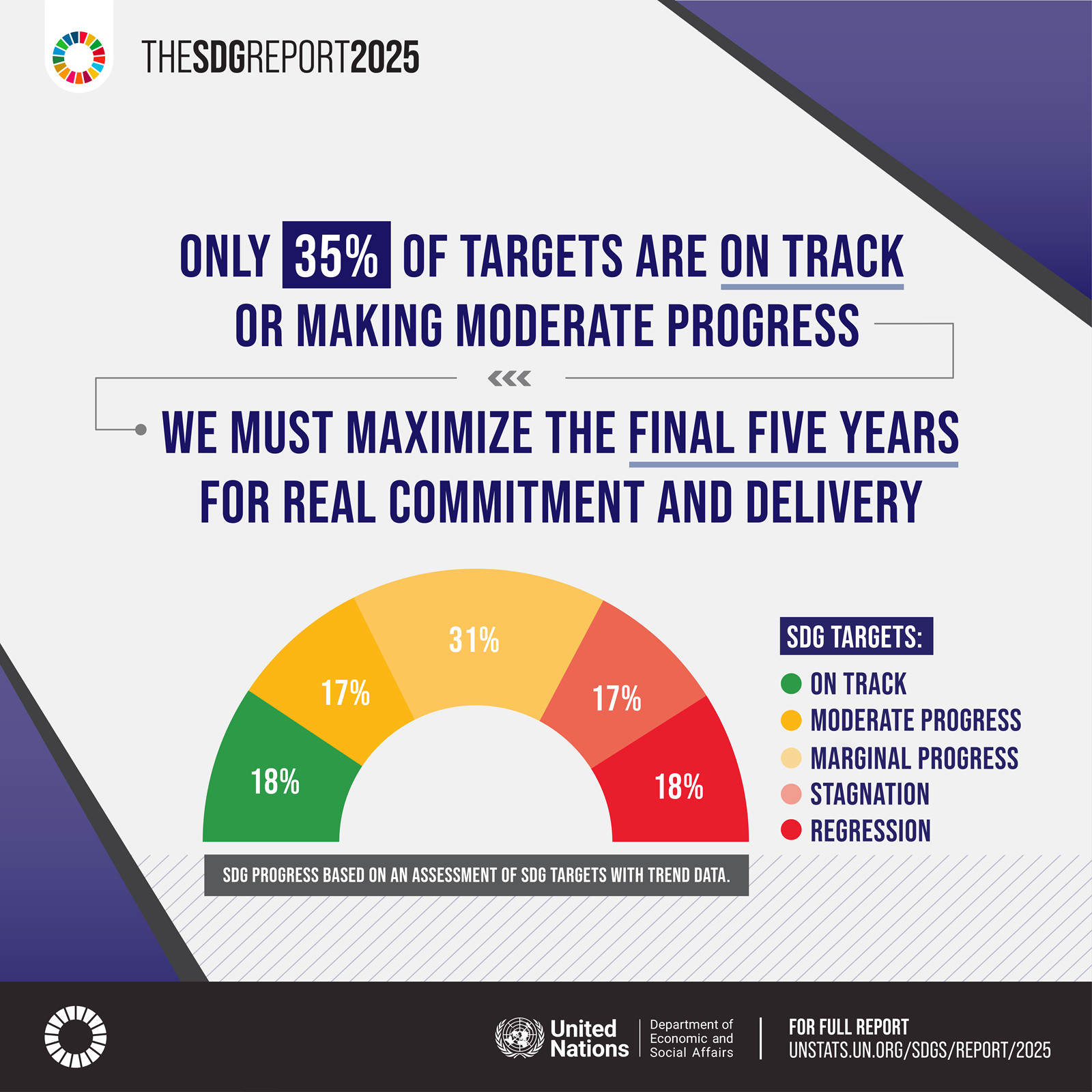In light of the progressive commitments on water, sanitation and hygiene – including the Sustainable Development Goals (SDG) with Goal 6 on WASH, The Ngor Declaration on Sanitation and Hygiene
Adopted by the African Ministers responsible for sanitation and hygiene on 27 May 2015 at
AfricaSan4, Africa Water Vision for 2025 and the African Union’s Agenda 2063 – civil society, under the banner of the African Civil Society Network on Water and Sanitation (ANEW) - call on the African Ministers’ Council on Water (AMCOW) to achieve Agenda 2030 and leave no one behind.
Adopted by the African Ministers responsible for sanitation and hygiene on 27 May 2015 at
AfricaSan4, Africa Water Vision for 2025 and the African Union’s Agenda 2063 – civil society, under the banner of the African Civil Society Network on Water and Sanitation (ANEW) - call on the African Ministers’ Council on Water (AMCOW) to achieve Agenda 2030 and leave no one behind.
We call upon African governments and ministries to:
1. Prioritise water, sanitation and hygiene as fundamental in the implementation and achievement of the SDGs. Goal 6 must be a core pillar of development plans.
2. Recognise the centrality of Goal 6 in the achievement of all other sustainable development goals, by fostering cross-sector, integrated and collaborative ways of working to achieve this agenda.
3. Ensure the implementation of the N’gor Declaration, and AfricaSan and Sanitation and Water for All Commitments, and align these clearly with national level Goal 6 implementation plans to achieve Agenda 2030.
4. Ensure a stronger role for civil society at various levels for coordination, communication and improved accountability in the implementation of Goal 6.
5. Increase domestic resource mobilisation - and improve allocation and utilisation - to achieve sustainable service delivery and performance, by allocating adequate funding for maintenance, rehabilitation and subsequent support to facilities.
6. Strengthen the performance of relevant institutions by providing clear mandates, sufficient resource allocation, effective coordination, and accountability and transparency mechanisms, to ensure that capacity, skills and resources are improved at all levels.
7. Set and meet specific national targets - based on the principles of the human rights to water and sanitation - so that public investments prioritise the poorest and most marginalised, aiming to progressively reduce inequalities, and are focused on areas that have the greatest needs.
8. Ensure integrated water resource management in all development projects, specifically extractives and construction activities, to secure sustainable water sources.
9. Establish and invest in a robust, centralised system for data collection and ensure open, accurate, disaggregated data.
